In the aftermath of a nuclear attack, life as we know it would change dramatically. Being prepared for such a scenario can help you and your family stay safe. Here are 18 realistic things to expect if a nuclear attack were to happen.
1. Immediate Destruction
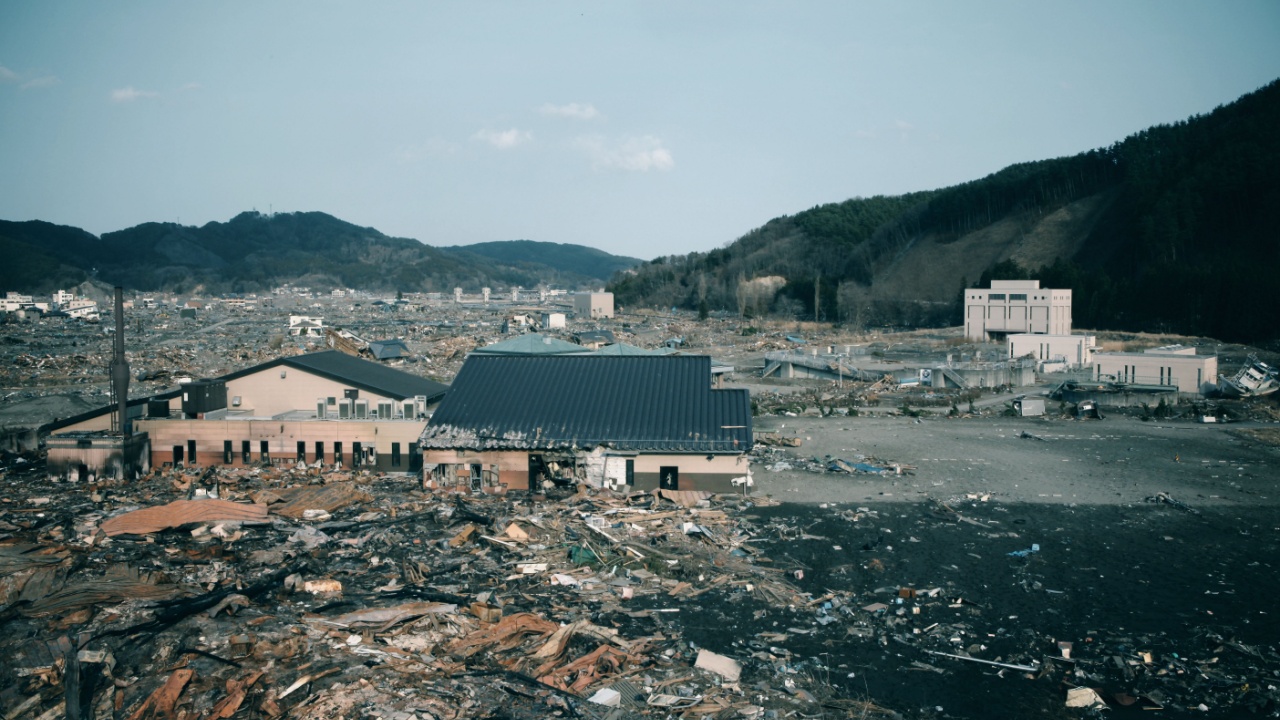
The initial blast will cause massive destruction within a certain radius. Buildings, trees, and infrastructure will be obliterated. The area closest to the explosion will be the most affected, with little to no chance of survival for those within it. It’s crucial to know where the nearest fallout shelters are located.
2. Radiation Exposure

Radiation from the blast will spread quickly. This can cause serious health problems, including radiation sickness. Symptoms may include nausea, vomiting, and fatigue. Long-term exposure can lead to cancer and other severe illnesses. Wearing protective clothing and using iodine tablets can help reduce radiation absorption.
3. Communication Breakdown
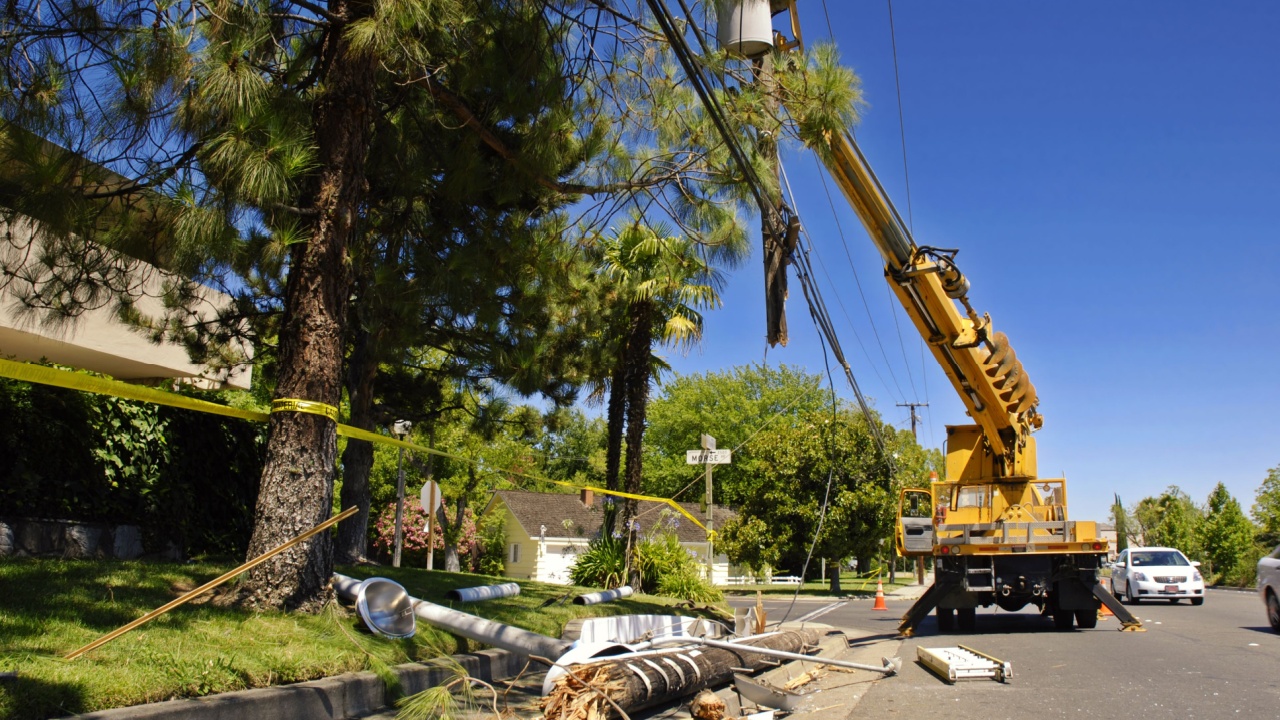
Expect communication systems to fail. Cell towers, internet, and landlines may be damaged or overloaded. This will make it difficult to contact loved ones and get information. Having a battery-powered radio can help you stay informed. Establishing a family communication plan in advance is also essential.
4. Power Outages
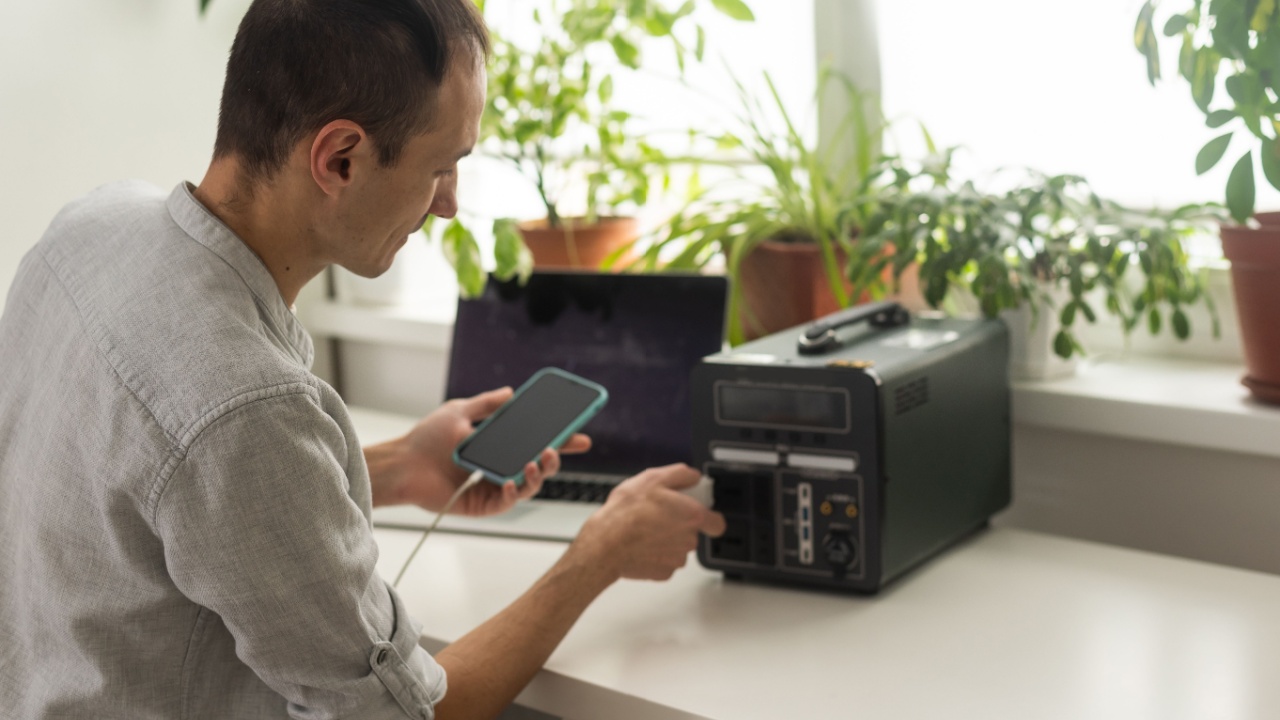
The electrical grid will likely be damaged, causing widespread power outages. Without electricity, you’ll need alternative ways to cook, stay warm, and keep food from spoiling. Solar panels and generators can be lifesavers in this situation. Make sure you have enough fuel or batteries to keep these devices running.
5. Water Contamination
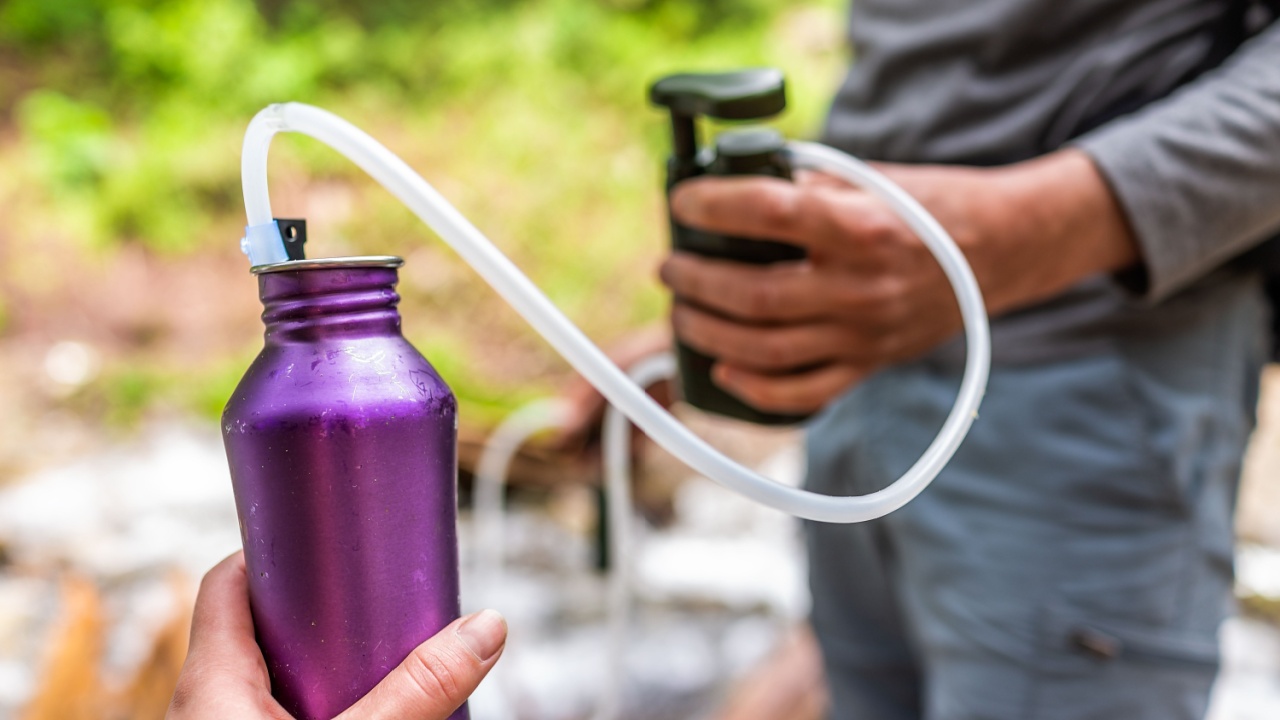
Water sources may become contaminated with radioactive particles. Drinking this water can be deadly. It’s crucial to have a supply of clean, bottled water and a way to purify any other water you might need to use. Water filters and purification tablets should be part of your emergency supplies.
6. Food Shortages
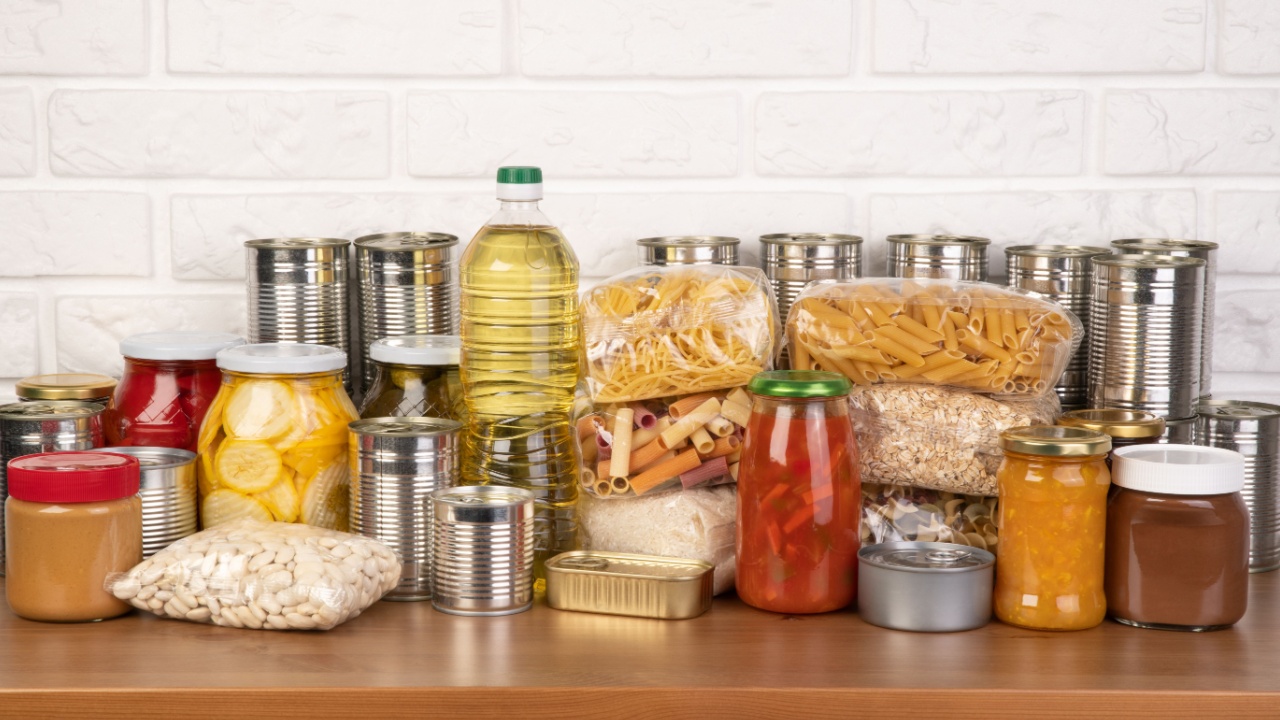
Food supplies may become scarce due to contamination and supply chain disruptions. Stock up on non-perishable foods like canned goods, rice, and beans. Growing your own food can also help ensure you have a steady supply. Learn food preservation techniques like canning and drying to extend your food stores.
7. Medical Emergencies

Hospitals and medical facilities will be overwhelmed. Many people will need medical attention for injuries and radiation sickness. Having a well-stocked first-aid kit and basic medical knowledge can be crucial. Consider taking a first aid and CPR course to better handle emergencies.
8. Evacuation Orders

Authorities may issue evacuation orders for areas with high radiation levels. Be prepared to leave your home quickly if needed. Have a go-bag packed with essentials like clothes, food, water, and important documents. Know multiple evacuation routes in case primary roads are blocked.
9. Shelter-in-Place

In some cases, you may be advised to shelter in place. This means staying indoors, sealing windows and doors, and avoiding exposure to outside air. Make sure you have enough supplies to last for several days or even weeks. Practice sealing your home to ensure you can do it quickly and effectively.
10. Economic Collapse

The economy will likely suffer greatly. Jobs may be lost, and the value of money could decline. Bartering and trading goods and services may become more common as people adapt to the new reality. Stockpiling valuable trade items like batteries, fuel, and medical supplies can be beneficial.
11. Civil Unrest
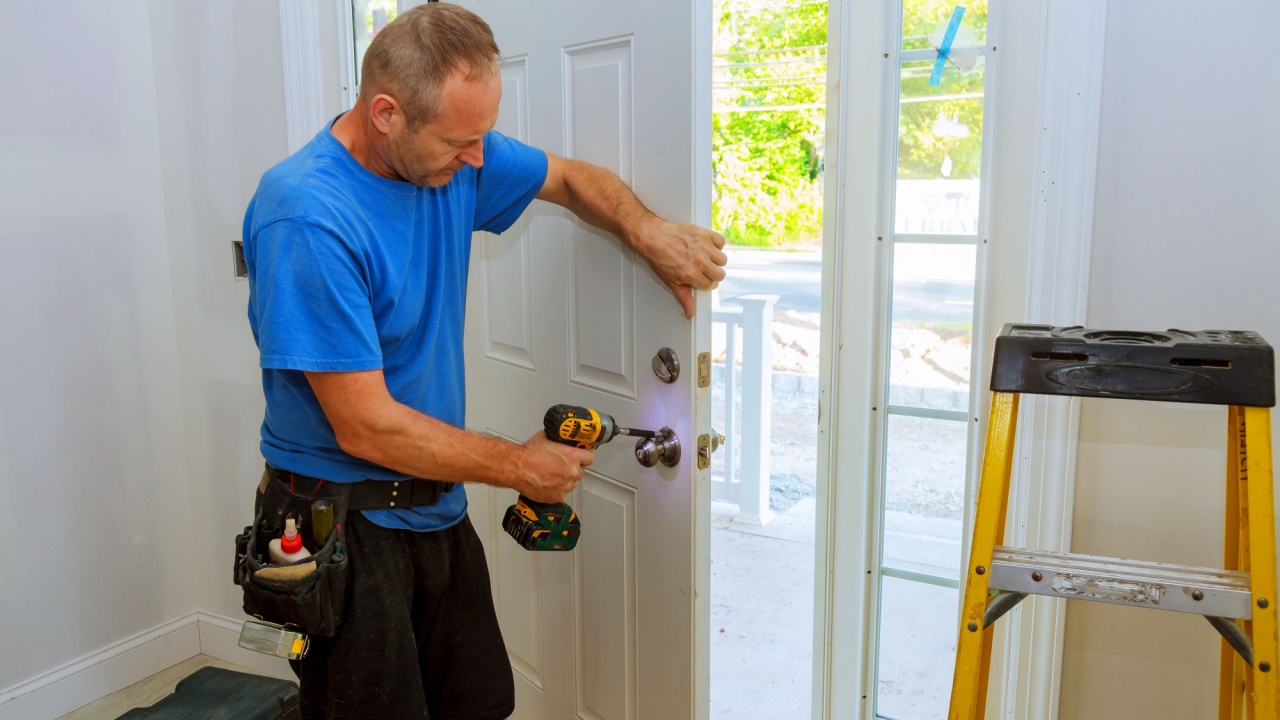
With resources scarce, civil unrest and looting may occur. People may become desperate and act unpredictably. It’s important to stay vigilant and have a plan to protect yourself and your family. Strengthen your home’s security with locks, alarms, and barriers.
12. Psychological Impact

The psychological impact of a nuclear attack will be profound. Fear, anxiety, and trauma will be widespread. Mental health support and community connections can help people cope with the emotional fallout. Establish routines and stay connected with loved ones to maintain mental well-being.
13. Environmental Damage
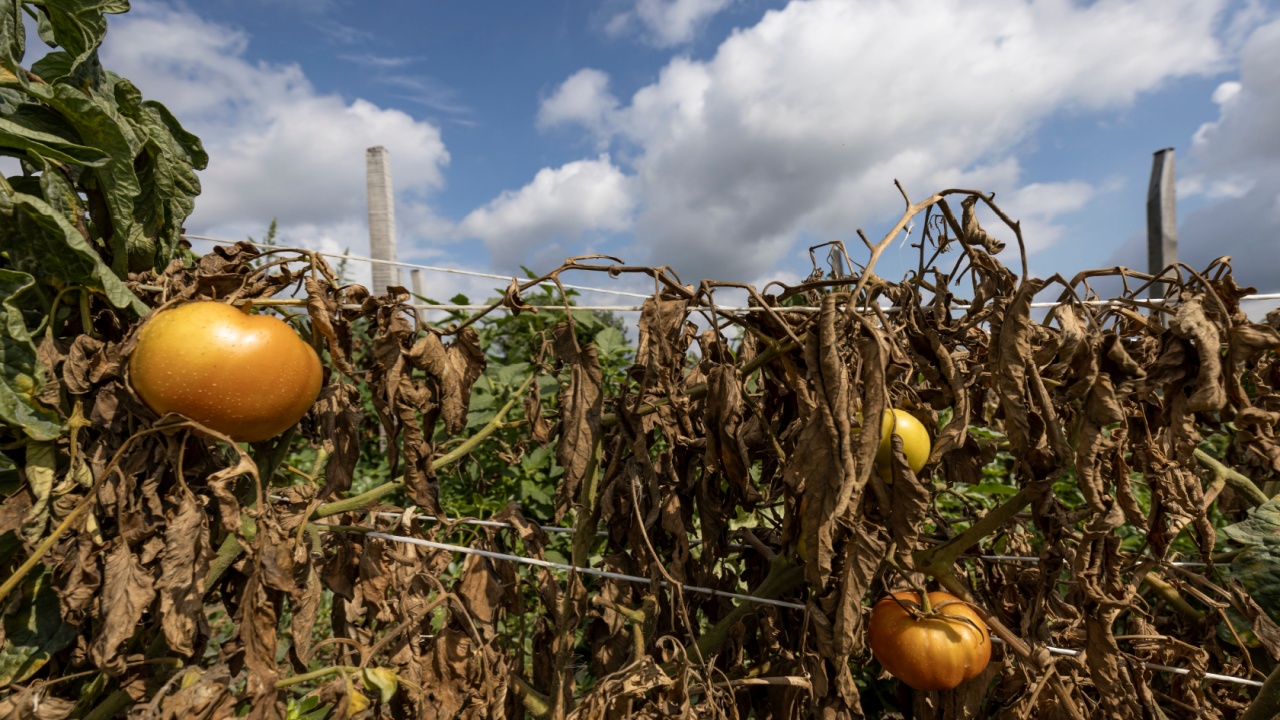
The environment will suffer extensive damage. Wildlife and plant life will be affected by radiation and destruction. It may take years or even decades for ecosystems to recover. Avoid consuming food or water from contaminated areas to reduce health risks.
14. Government Response
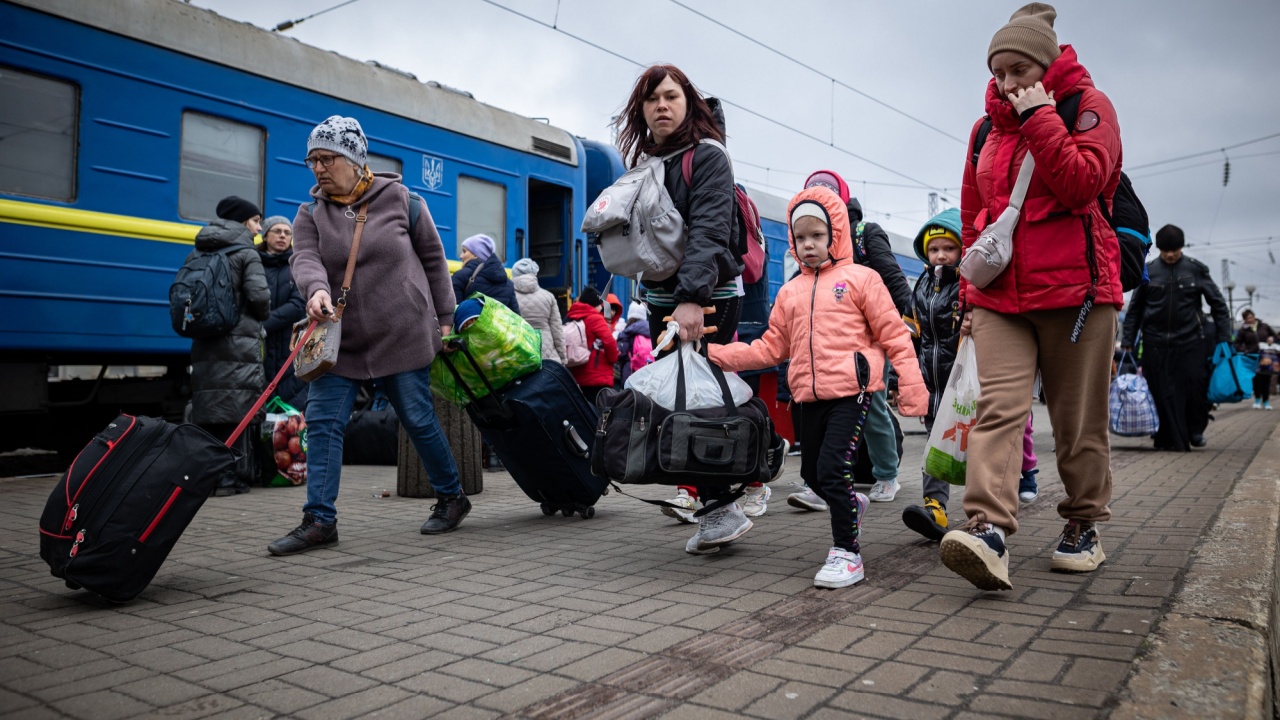
The government will deploy emergency response teams and resources. However, the scale of the disaster may limit their effectiveness. Be prepared to rely on your own resources and community support. Stay informed about official guidance and follow evacuation or shelter-in-place orders.
15. Radiation Hotspots
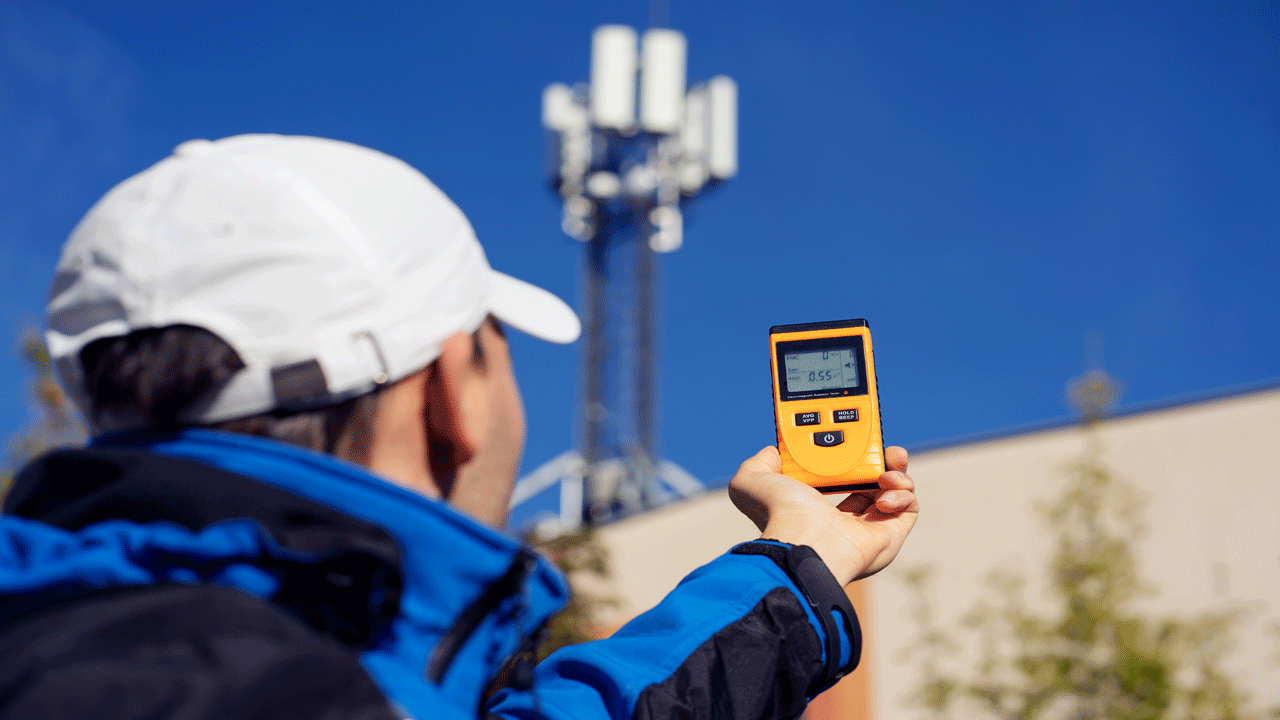
Certain areas will have higher levels of radiation, known as hotspots. Avoid these areas to reduce your risk of radiation exposure. Use a Geiger counter to detect radiation levels if you have access to one. Mark hazardous areas on a map to avoid them during travel.
16. Limited Transportation

Transportation networks will be disrupted. Roads may be impassable, and fuel supplies limited. Having a reliable, fuel-efficient vehicle and knowing alternative routes can be beneficial. Keep your vehicle well-maintained and always have a full tank of gas if possible.
17. Community Support

Communities will need to come together to support each other. Sharing resources, skills, and information can make survival easier. Building strong community ties now can help you be better prepared. Organize or join local preparedness groups to strengthen community bonds.
18. Long-Term Recovery
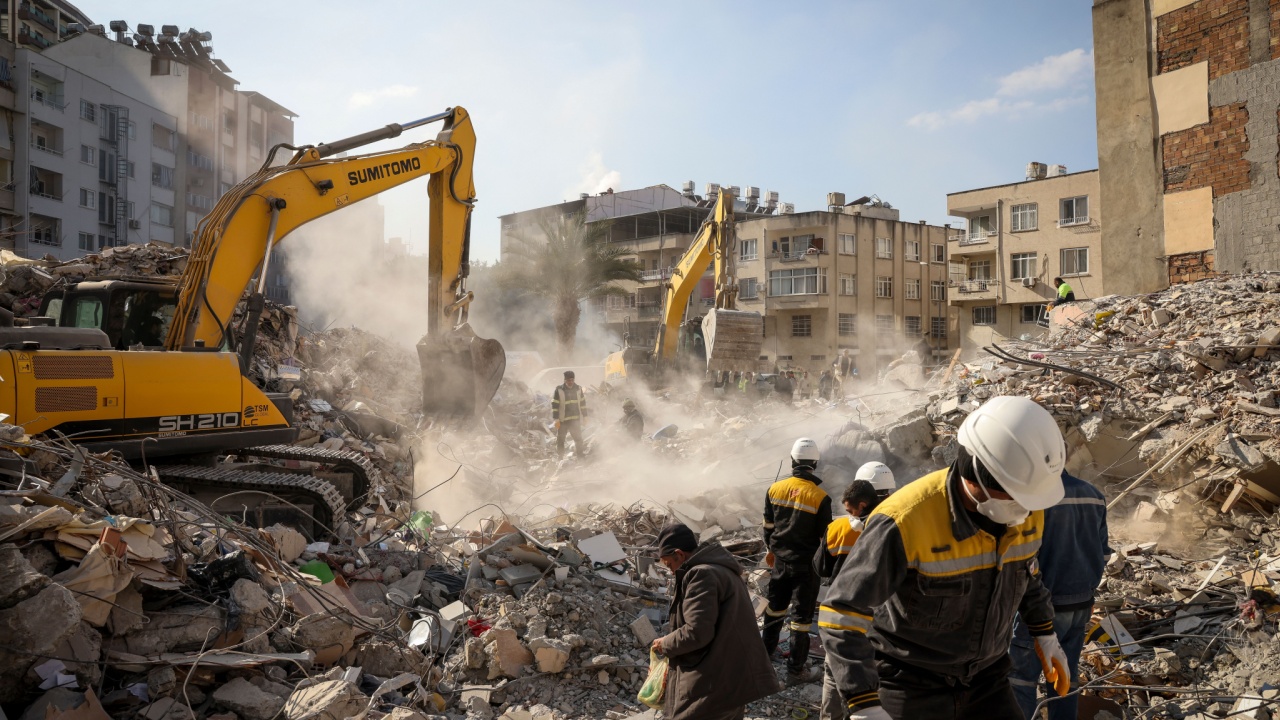
Recovery from a nuclear attack will take a long time. Rebuilding infrastructure, homes, and lives will be a massive undertaking. Patience, resilience, and adaptability will be essential during the long road to recovery. Focus on small, achievable goals to maintain morale and progress.
20 Crucial Supplies for Surviving a Societal Collapse

In the face of uncertainty, being well-prepared gives you at least some degree of control and security. The thought of a societal collapse, while extreme, prompts us to consider how we might endure without the conveniences of our current lifestyle. Here’s a list of 20 essential items that could prove indispensable in such a scenario. This guide isn’t about succumbing to fear but embracing preparedness and resilience.
14 Essential Canned Goods for Your Emergency Pantry
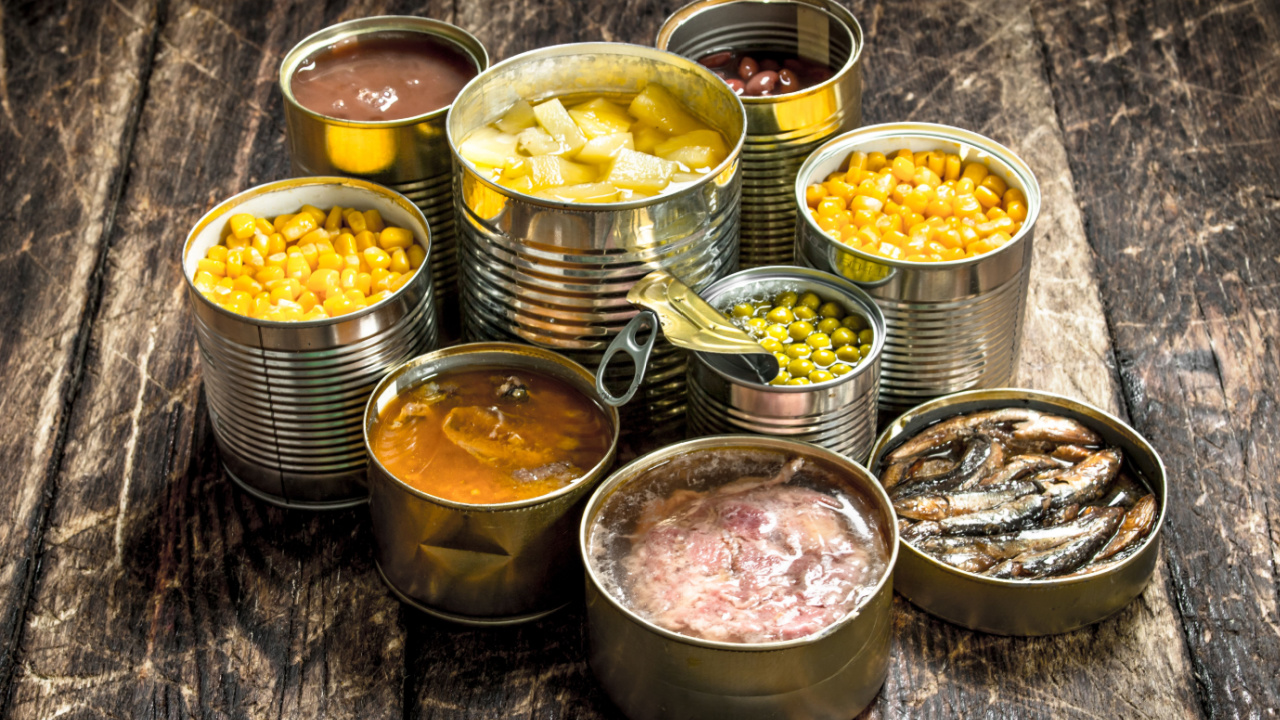
I firmly believe in keeping a well-stocked emergency pantry. While fresh food is ideal, in a survival situation, we may not be that lucky. So, for my family, even though we grow a lot of our own food, canned goods play a crucial role in emergency preparedness. They offer a reliable source of nutrition when access to fresh produce may be limited. The goods you stockpile should be affordable, easy to store, and full of nutrition.
Best Regions in the U.S. to Escape to When Society Collapses
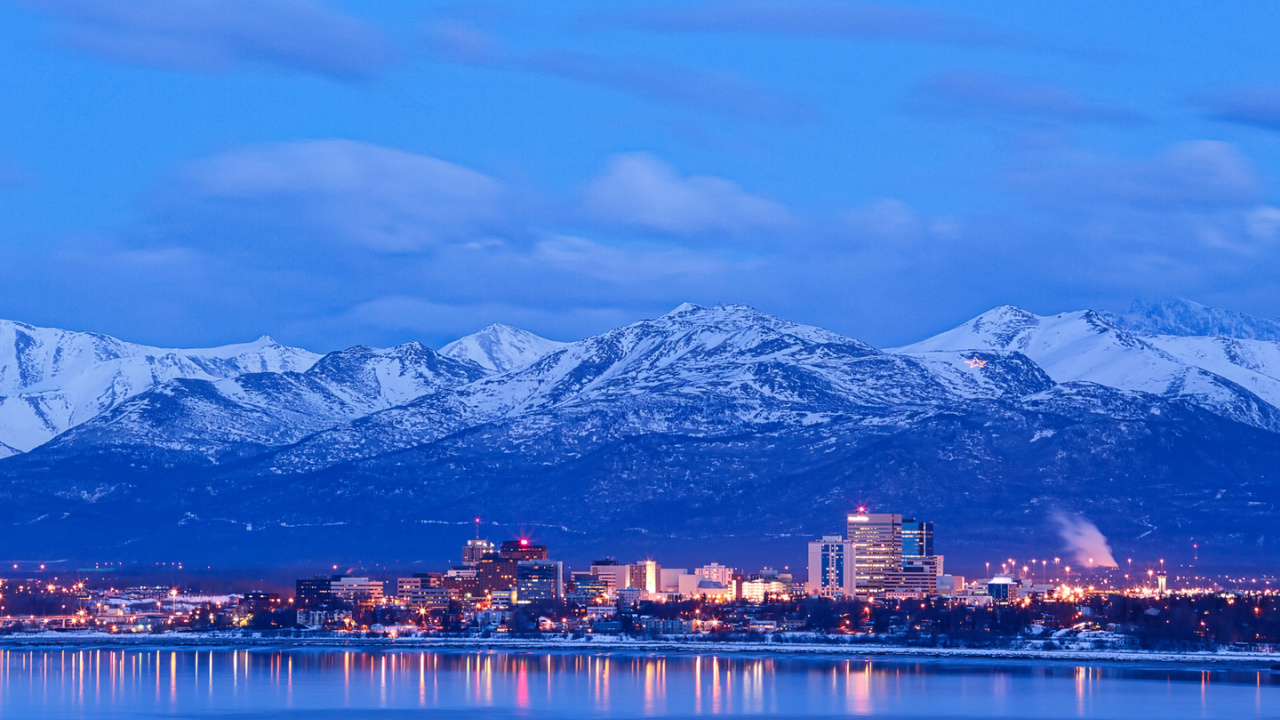
Choosing a refuge in the event of societal collapse involves weighing the pros and cons of each location against your personal preparedness goals and abilities. Whether you’re drawn to the solitude of the desert or the protective heights of the mountains, the key is finding a place that offers safety and the opportunity for growth and renewal.

